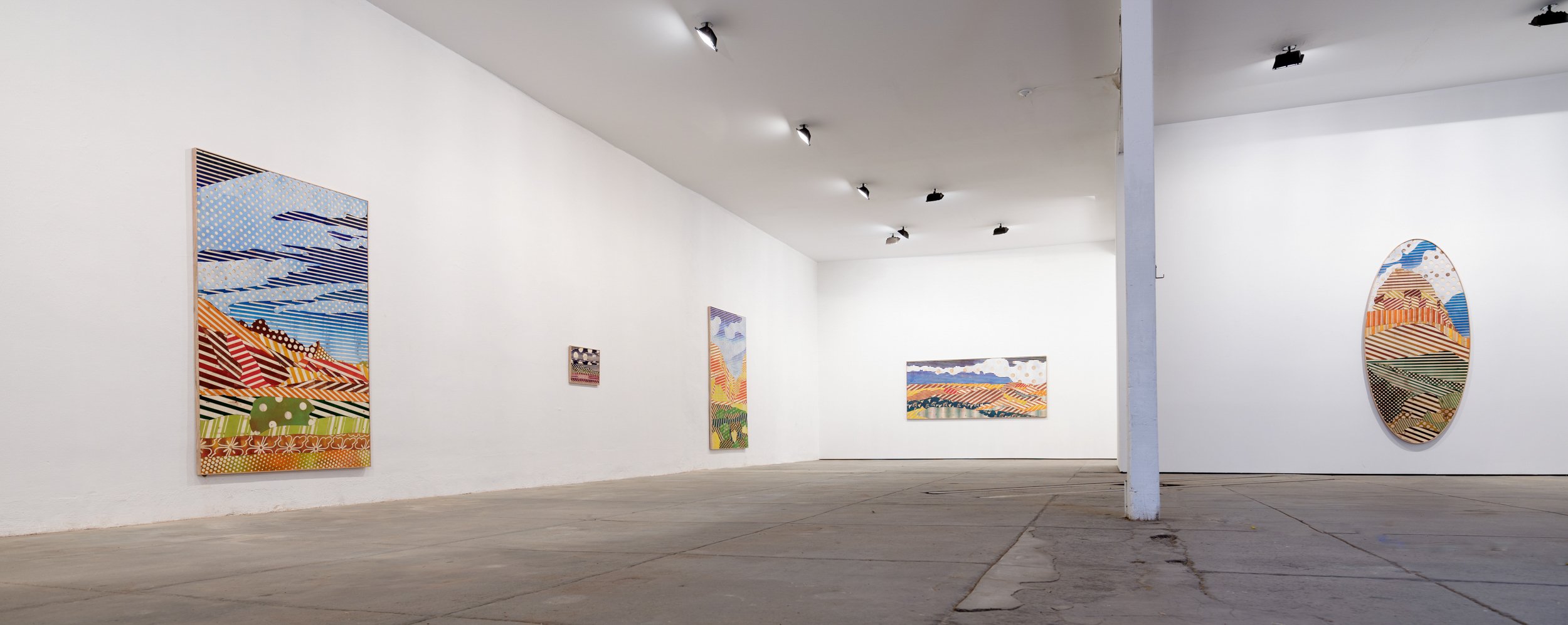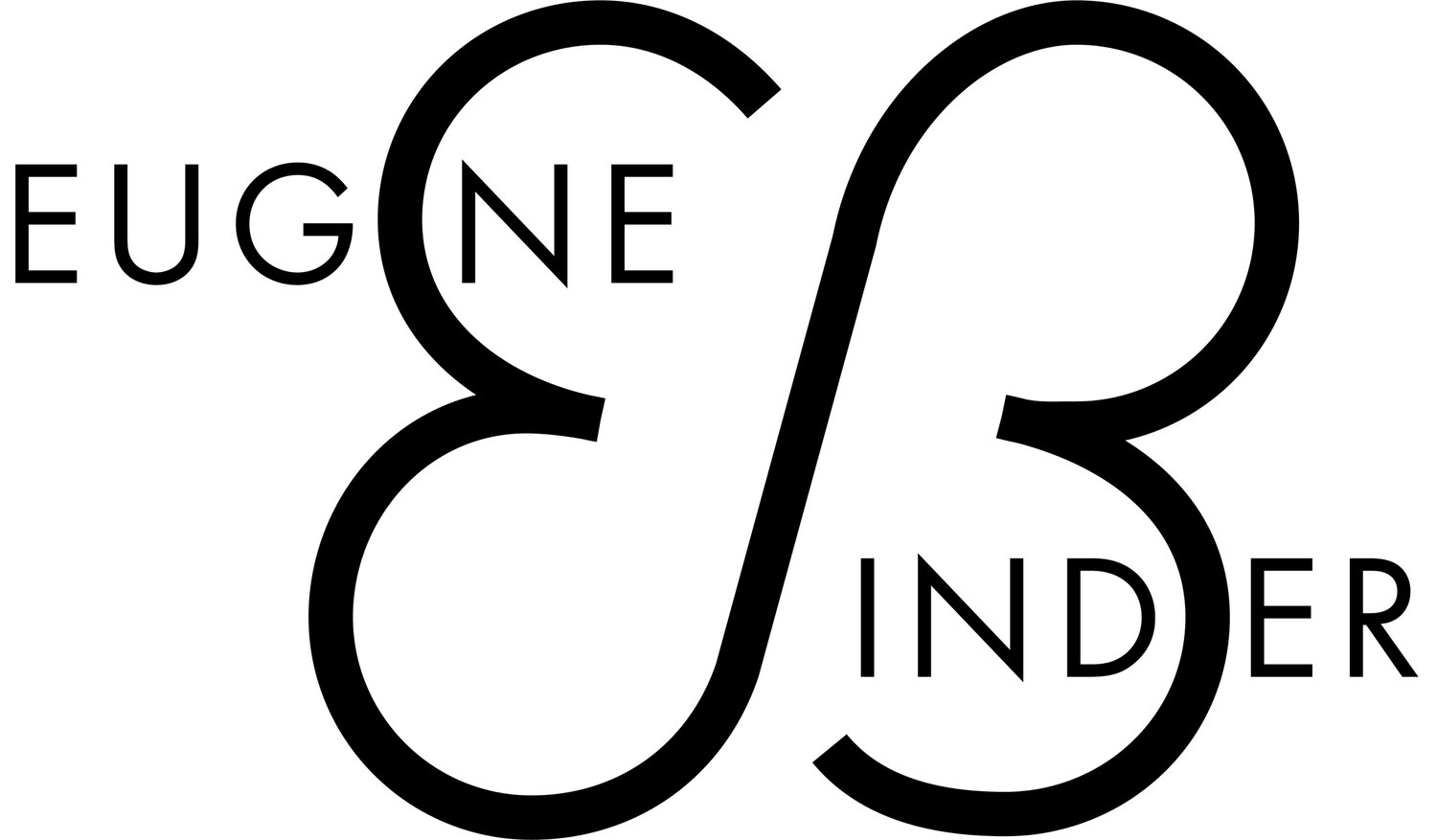
Out of Bounds
The new polychrome wood reliefs by Zeke Williams are jubilant, if not iconic, images of the vast, monumental landscapes, mountains and rock formations, of the American west and southwest. Even without knowing the back story of Williams’ first visits to national parks as an adolescent in the company of his grandparents, the amazement and enthusiasm he experienced upon first seeing these sites is present in his recent work. Using a trove of photographs his grandfather took of national parks as source material for his preliminary drawings, the implied narrative for him, incorporates the imagery of these vistas, documented in his grandfather’s photographs with meaningful family experiences and relationships that are a cherished aspect of his personal growth as a youth and continue to influence his art-making.
Revealing a visual history of a very different sort, and integral in Williams’ process, is exposing multiple laminations of plywood, which laid bare show knots, grain, and glue as the tool paths made by the cutting tool(s) of a computer numeric control router as it removes layers of material. The computer numeric controlled router also leaves behind marks of precision cutting as well as slightly burned areas made when the algorithm that informs the machine pauses briefly before executing the next phase of material removal. The machine also inadvertently creates unforeseen glitches that often are the catalyst for the artist’s exploration into how these glitches might be recreated and included in subsequent work.
Goat Mountain, Big Bend 2021. Oil on birch plywood in artist’s red oak frame. 85x105in
At the beginning of developing this process, Williams quickly learned that the software controlling the computer numeric control router was more attuned to rectilinear commands than to the curvilinear aspects of the drawings he had made based on his grandfather’s national park photographs. With a creative feat of ingenuity, combined with his knowledge, and a background in possible intermediary solutions, Williams was eventually able to sequence together unlikely components in order to inform the computer numeric control router to execute the elements of the compositions that he had made in his preliminary drawings. The ability to create these intricate elements taken from his drawings is evident in areas of very precise, reoccurring patterns, something he credits to sophisticated technology, and the talents of numerous unknown software engineers.
Precision cuts into the plywood expose underlying laminates that are raw and have unfinished surfaces. Williams contrasts these cuts with surfaces that have not been machined, onto which he applies vivid color with a brayer, a tool used in printmaking for the same purpose. Together these diametrically opposed surfaces, raw cuts into the laminated plywood, and the smooth, un-machined areas of the work to which the artist has applied color, give the work a dimensionality that in turn creates a perception of fractured vision as looking through a kaleidoscope might or seeing the work in some altered state of consciousness or perhaps a subdued version of a lenticular effect, causing the image to change slightly viewed from different angles. This visual phenomenon also heightens the sharpness of some aspects of the imagery, while areas on some of the edges of the composition become abstracted, patterned, intricacies that struggle for dominance with their flat, vividly painted counterparts. Williams is especially interested in these areas and describes them as “where patterns break down and well-defined areas become more ambiguous.”
NEW WORK from Zeke Williams









